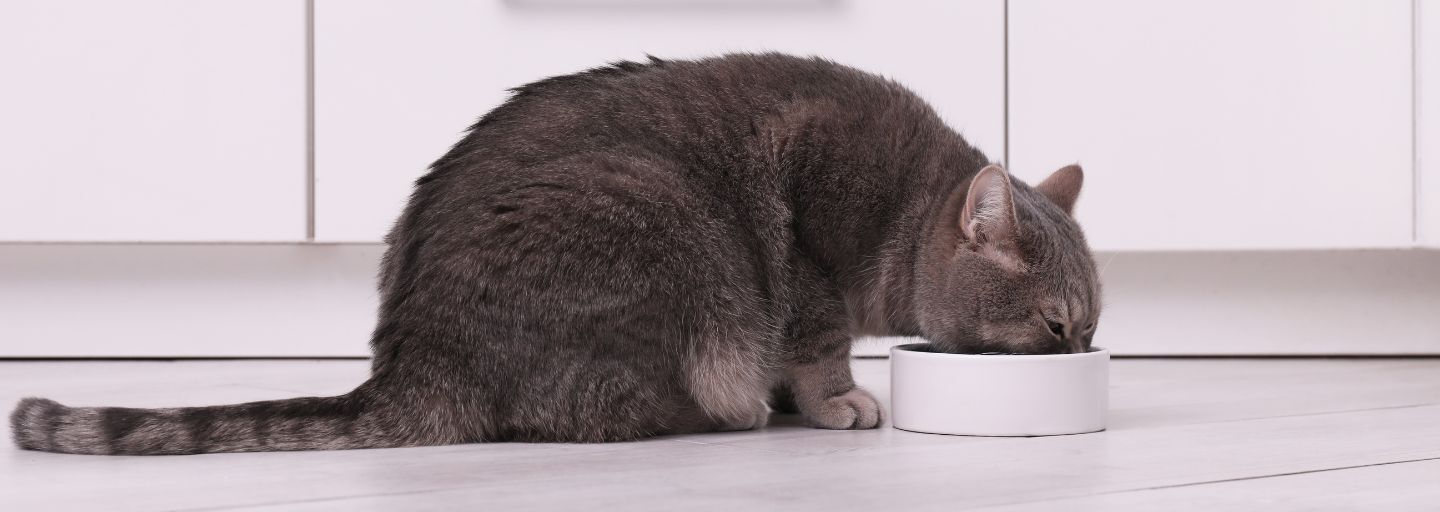Probiotics for cats offer more than just relief for digestive issues; they provide various benefits that contribute to overall feline health.
Probiotics are live bacteria that are beneficial to the intestines, promoting a healthy balance in the gut microbiome. The intestines contain billions of bacteria, and an imbalance in this microbiome can lead to digestive problems. Probiotics help create an optimal environment in the gut by reducing the pH and supporting the growth of beneficial bacteria.
It's important to differentiate between prebiotics and probiotics. While the terms may sound similar, they have distinct purposes when it comes to feeding cats and dogs. Prebiotics are not live bacteria but specific types of fiber that stimulate the growth of a cat's own beneficial bacteria.
When it comes to probiotics for cats, there are various options available. Some probiotics come in the form of supplements, while others are added to cat food. It is important to choose the right probiotics for specific situations. Different probiotics may target digestive health, immune support, or have anti-inflammatory properties.
Probiotics offer several benefits for cats. In addition to promoting a healthy gut environment, they also support immune health. The majority of the immune system is located in the digestive tract, allowing the beneficial bacteria to interact with immune cells and bolster immune function.
There are specific times when giving probiotics to cats is particularly beneficial. Introducing a new family member or boarding your cat during your absence can cause stress, leading to an imbalance in the intestines. Kittens, senior cats, and cats that have recently taken antibiotics are more susceptible to these imbalances. If you notice changes in your cat's feces, probiotics may help alleviate digestive issues.
While humans have experienced the benefits of probiotics, it's important to note that not all probiotics are safe for cats. Human probiotics should not be given to cats, as their safety and efficacy for feline use has not been established. Yogurt products should also be avoided because they often do not guarantee live bacteria numbers, and cats can be sensitive to the dairy content.
It's recommended to choose probiotics specifically formulated for cats. Ensure that the products have been shown to be safe and effective for dogs and cats and have demonstrated a positive health impact. Using probiotics that can survive the digestive process and reach the intestines is crucial.
Probiotics for cats hold promise, and ongoing research will provide further insights into their benefits and applications in the future.




